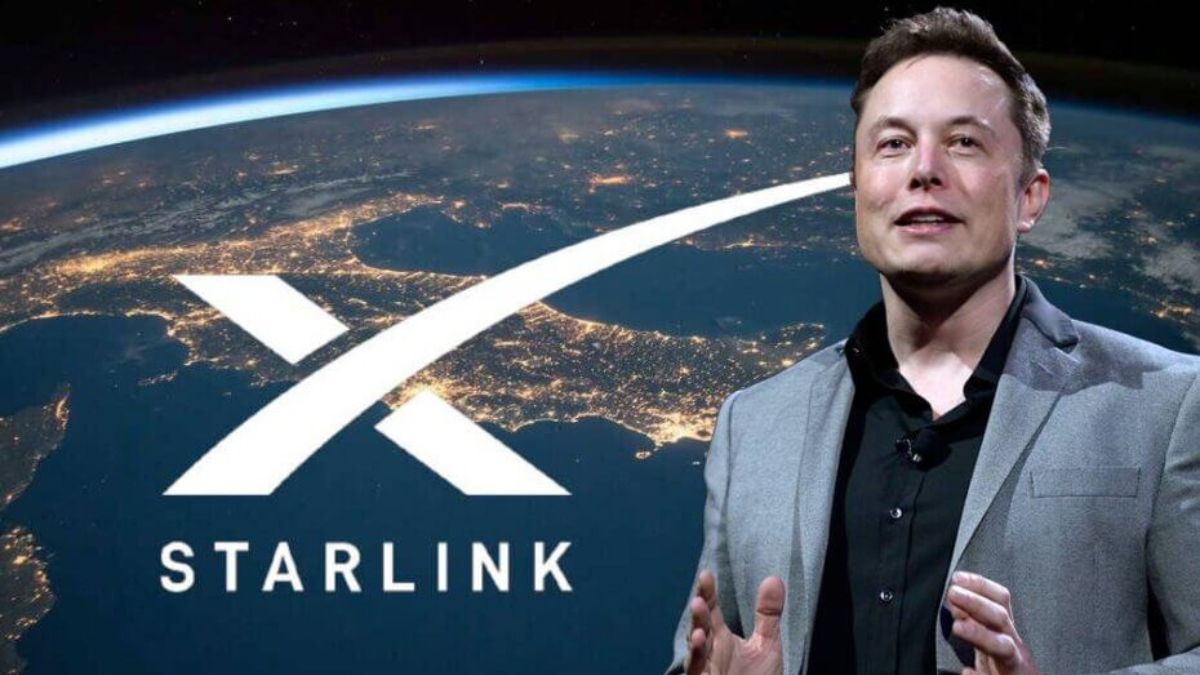Starlink’s India Entry Delayed by Legal Hurdles
Starlink’s India Entry Delayed by Legal Hurdles
Why in News ?
Starlink’s efforts to launch satellite internet services in India face delays due to complex regulatory, security, and legal barriers. While promising rural connectivity, the company must meet compliance across spectrum allocation, national security norms, and data protection laws.
Regulatory and Legal Framework:
- Starlink needs a VSAT licence under the Indian Telegraph Act, 1885.
- Must comply with the Telecommunications Act, 2023, which governs satellite spectrum allocation and security conditions.
- Regulatory roles are divided between TRAI, Department of Telecommunications, and IN-SPACe (for space coordination).
- The Satellite Communications Policy, 2000 and Indian space priorities further regulate orbital slot usage.
- Must adhere to the IT Act, 2000 and Digital Personal Data Protection Act, 2023 for data encryption, storage, and cybersecurity.
Key Barriers to Market Entry
- Multiple layers of clearance: technical scrutiny, security vetting by Home Ministry, and price negotiations for Ku/Ka bands.
- Delays due to concerns over foreign ownership and data misuse.
- Security clearance impacted by alleged misuse of devices in illegal activities.
- High initial equipment and service costs may limit affordability for rural users.
Strategic Significance and Way Forward
- Starlink can bridge India’s rural-urban digital divide with high-speed internet.
- Highlights need for a transparent, innovation-friendly, and nationally secure regulatory regime.
- A balanced policy can enable private sector innovation while protecting sovereignty and digital rights.




